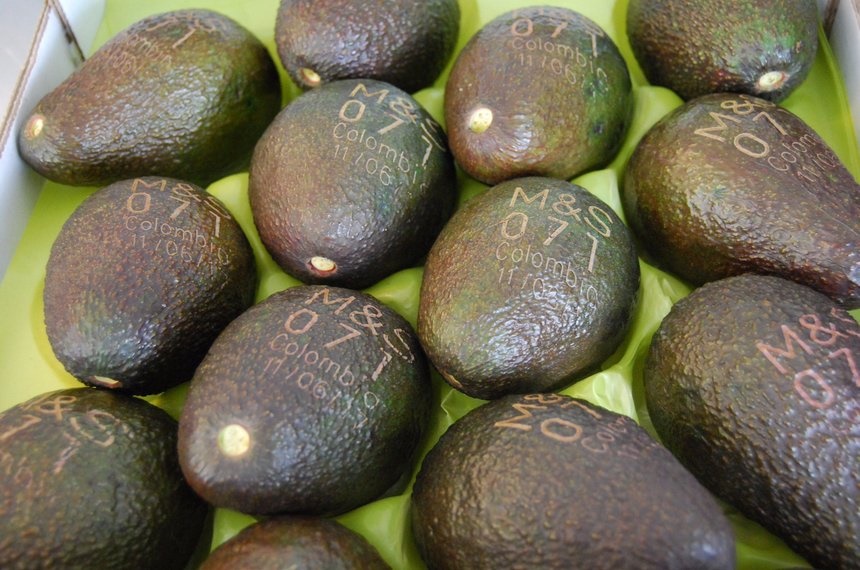
The end of the sticky label
Eco-labelling was introduced to raise awareness and to develop trust that you are purchasing your produce from sustainable sources. It has developed into a massive business now, with Fairtrade products in the UK making for the £1bn worth of sales. There are more than 370 schemes across 112 countries across 21 different sectors. The question is has eco-labelling become too successful? Are there now too many certifications creating confusion and now levees a burden on the actual farmers? The impacts however are evident and clear to see with the acceleration in sustainable behaviour in food production. The latest innovation sees the advent of natural branding and the end of the sticky label!
Who’d have thought such an un-assuming sticker on a piece of fruit or vegetable would be the topic of discussion in creating massive reductions in the use of plastic?
British-based high-end supermarket Marks & Spencer (M&S) has begun trials firstly on coconuts, but now on the humble avocado, to replace the use of sticky labels with a new technique of natural branding. Eosta, an international distributor of organic fruits and vegetables, defines natural branding as:
a natural eco-friendly manner of branding a piece of fruit or vegetable by creating an image on the peel. It is a contactless method that is completely safe. A high definition laser removes pigment from the outer layer of the skin of the product. This is a very superficial process that does not have a negative affect on the taste, aroma or shelf-life of the fruit or vegetable. It’s completely safe to eat the fruit and the peel, even the part that is marked
The potential impact of rolling out the method worldwide could massively reduce the level of paper, ink and glue being used.
When one delves deeper into the amount of packaging or the CO2 footprint a single piece of fruit would have, it proves an interesting reading. Some highlights include:
• Packaging – reduction in the use of plastic wrap – Eosta claimed natural branding has saved them using packing that was about 220km long: taking the avocado as an example 750,000 plastic flows would be saved in 2017
• In an ideal world selling organic fruit or vegetable loose - but EU laws state that food items need to be marked
• Reduction in paper and glue being used to create the stickers – saving tonnes of paper and five tonnes of glue per year
• Reduced greenhouse gas emissions: LaserFood, the creators of natural branding, state that the CO2 emission for a laser mark is less than 0.2% of the amount for a sticker of a similar size
Author: Chris Woo (Bridging to the Future)

Follow us on